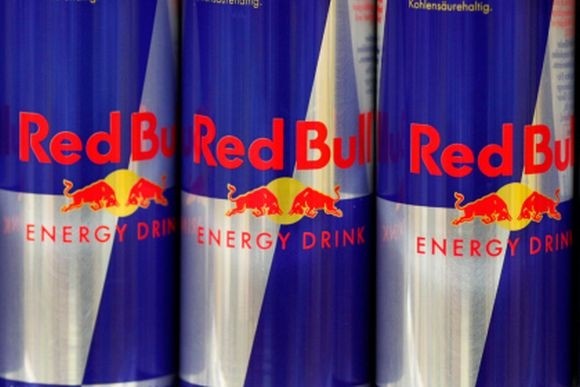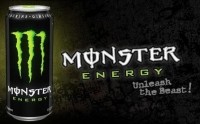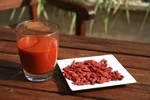8 - Energy drinks: Is the party over?
Another hot trend is energy, although in future, this may be revised to focus on 'natural energy'.
The energy drink category - which did not set the world on fire in most other retail channels this summer - posted 7.4% dollar sales growth in the US convenience store channel in the four weeks to August 3, driven by a strong performance from Red Bull (+8.9%), Monster (+13.1%), and Coca-Cola (NOS, Full Throttle +11.4%), according to Nielsen data.
But while the growth of the US energy drinks and shots market has been nothing short of explosive in recent years - in 2012 it was worth $12.5bn, up 60% since 2008 says Packaged Facts - sales are slowing down.
Meanwhile, there is growing pressure from some quarters to regulate the sale of energy drinks and shots, while big players including Monster are also facing lawsuits alleging serious adverse events - including death - can result from consuming their products.
PepsiCo: "There remains a need in the art for beverages that provide an energy-enhancing stimulatory effect but do not require high caffeine levels.”
So what does this mean for the long term health of the energy category?
Currently, the FDA is evaluating data presented at a recent IOM workshop as it decides what new regulatory guidelines—if any—need to be issued regarding caffeine content in foods and beverages.
But in the meantime, many companies are exploring new ways to deliver energy - minus the caffeine.
One such is PepsiCo, which is exploring the potential of natural energy drinks containing Chinese herbal extracts that can alleviate fatigue and enhance sports performance without a big dose of caffeine, according to patent application #20130142891 published on June 6, 2013, and filed in December 2011 (click here).
According to PepsiCo: “There remains a need in the art for beverages that provide an energy-enhancing stimulatory effect but do not require high caffeine levels.”
Alleviating fatigue and enhancing sports performance

The herbal extracts in question “provide a perceivable fatigue-relieving benefit”, and “may be delivered to the consumer in beverage products and find particular use in alleviating fatigue and enhancing sports performance”, said PepsiCo, which describes a series of potential formulations from enhanced waters and carbonated beverages to juice-containing beverages.
The herbs - Duan-Geng-Wu-Jia, Gou-Qi-Zi (the Goji berry or wolfberry), and Huang-Jing (Polygonatum Root or 'Solomons Seal') - are well-known in traditional Chinese medicine and have all been widely consumed as foods, noted inventors Cai Ya, Jian JiangBo, Liu Weichang, Peng XiaoYun,and Zou MinLiang.
“Duan-Geng-Wu-Jia active ingredients are known to include saponins, flavonoids, amino acids and polysaccharides. The leaf, stem and fruit are edible… The root bark is used in one traditional medicine ‘Wu-Jia-Pi wine’ to treat rheumatism and arthralgia. Duan-Geng-Wu-Jia stem and leaf are consumed as a vegetable.”
Gou-Qi-Zi, (Goji-berry), is used in traditional Chinese medicine for treating kidney disorders, impotence and poor eyesight among other things, while Huang-Jing extracts have been used to treat multiple health problems.
Datamonitor innovation insights director Tom Vierhile said the patent application "offers more proof that soft drinks companies are trying to reduce their reliance on caffeine as an energizing ingredient".
He added: "Not only are these herbal extracts plant-based, but they lack the negative baggage that caffeine is beginning to pick up... It will be interesting to see if they show up in any new products anytime soon."



















